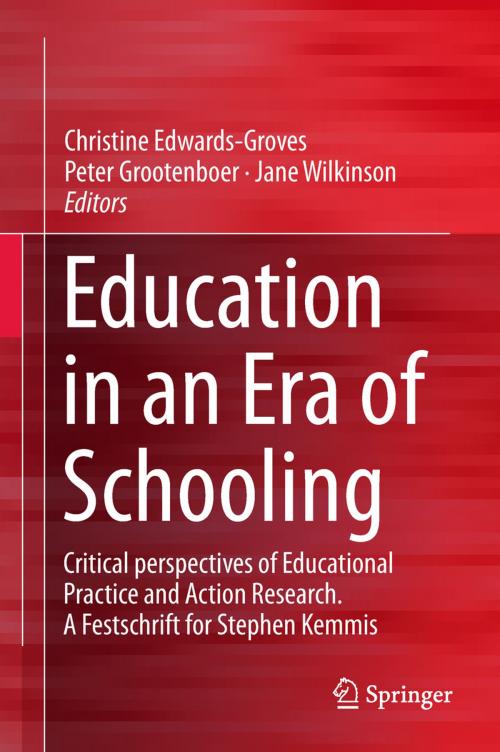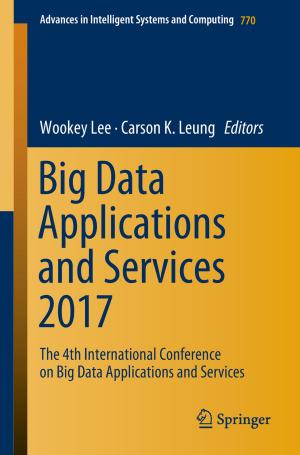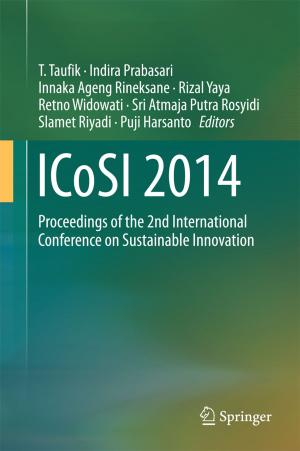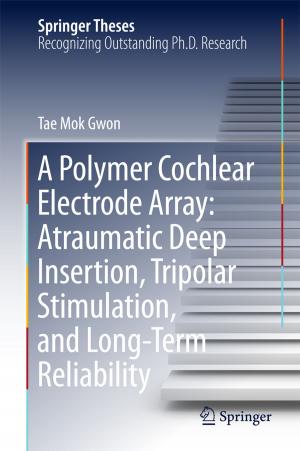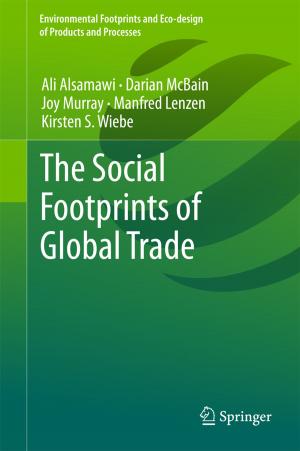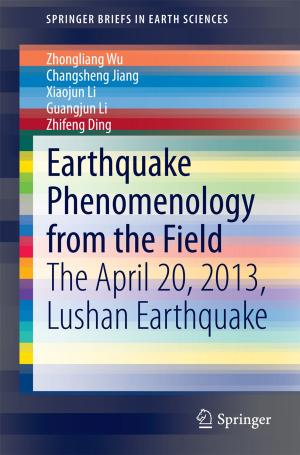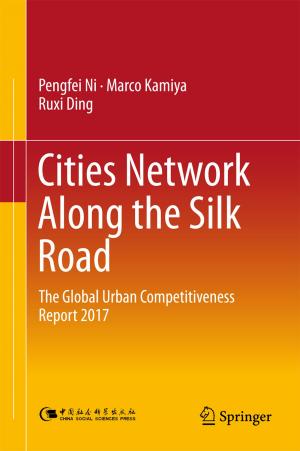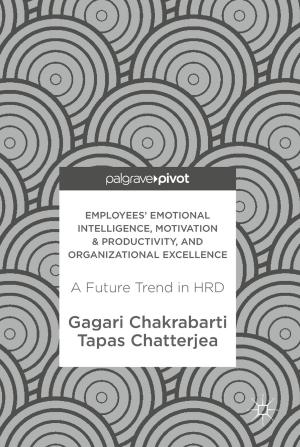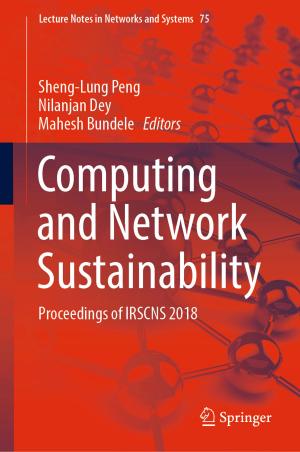Education in an Era of Schooling
Critical perspectives of Educational Practice and Action Research. A Festschrift for Stephen Kemmis
Nonfiction, Reference & Language, Education & Teaching, Educational Theory, Educational Psychology, Administration| Author: | ISBN: | 9789811320538 | |
| Publisher: | Springer Singapore | Publication: | September 7, 2018 |
| Imprint: | Springer | Language: | English |
| Author: | |
| ISBN: | 9789811320538 |
| Publisher: | Springer Singapore |
| Publication: | September 7, 2018 |
| Imprint: | Springer |
| Language: | English |
This book is a Festschrift for Emeritus Professor Stephen Kemmis, who has a long and eminent career as an educational researcher and academic spanning over 40 years. His work in curriculum, evaluation, critical practice, action research and practice theory has been influential across all continents of the world.
The book examines critical perspectives on educational practice and the participatory nature of action research, including practitioner research particularly as undertaken by teachers in schools. Including vignettes from Kemmis’ colleagues and mentors, it draws on contributions from a range of academics whose scholarship has been inspired, influenced and initiated by his work. The chapters stem from a range of countries, including Australia, Canada, Finland, weden, the United Kingdom, United States of America, and Trinidad and Tobago - a testimony to the enduring and global legacy of Kemmis’ scholarship. Contributing authors include leading educational research scholars, indigenous elders from Australia, and community leaders concerned with environmental sustainability.
The concluding focus of this book turns towards practice theory. Kemmis’ later work led to the development of the theory of practice architectures and gave rise to the development of the theory of ecologies of practices in education. Research drawing on the theory of practice architectures and ecologies of practices resulted in the leading text “Changing practices, changing education” (Kemmis, Wilkinson, Edwards-Groves, Hardy, Grootenboer & Bristol, 2014, Springer) that reports on an Australian investigation of the ecological relationship between student learning, teaching, professional learning, leading and researching practices.This theory is now being applied to study practices across a wide range of international contexts, sites and disciplines including early childhood, school education, university education, vocational education and training, community environment, indigenous cultural sustainability and health.
This book is a Festschrift for Emeritus Professor Stephen Kemmis, who has a long and eminent career as an educational researcher and academic spanning over 40 years. His work in curriculum, evaluation, critical practice, action research and practice theory has been influential across all continents of the world.
The book examines critical perspectives on educational practice and the participatory nature of action research, including practitioner research particularly as undertaken by teachers in schools. Including vignettes from Kemmis’ colleagues and mentors, it draws on contributions from a range of academics whose scholarship has been inspired, influenced and initiated by his work. The chapters stem from a range of countries, including Australia, Canada, Finland, weden, the United Kingdom, United States of America, and Trinidad and Tobago - a testimony to the enduring and global legacy of Kemmis’ scholarship. Contributing authors include leading educational research scholars, indigenous elders from Australia, and community leaders concerned with environmental sustainability.
The concluding focus of this book turns towards practice theory. Kemmis’ later work led to the development of the theory of practice architectures and gave rise to the development of the theory of ecologies of practices in education. Research drawing on the theory of practice architectures and ecologies of practices resulted in the leading text “Changing practices, changing education” (Kemmis, Wilkinson, Edwards-Groves, Hardy, Grootenboer & Bristol, 2014, Springer) that reports on an Australian investigation of the ecological relationship between student learning, teaching, professional learning, leading and researching practices.This theory is now being applied to study practices across a wide range of international contexts, sites and disciplines including early childhood, school education, university education, vocational education and training, community environment, indigenous cultural sustainability and health.
